Menu
Meet the latest Royal College research grant recipients
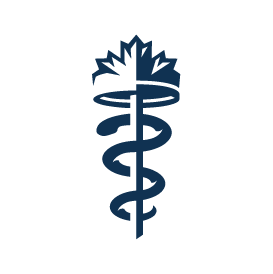
April 19, 2024
| Author: Royal College Staff
 3 MIN READ
3 MIN READ
We’re pleased to announce the recipients of the Strategic Initiative Grant and the Robert Maudsley Fellowship for Studies in Medical Education.
2023 Strategic Initiative Grant
The Strategic Initiative Grant supports research and scholarship in the areas of equity, diversity and inclusion, planetary health, competency-based medical education and specialist wellness.
Isabelle Raîche, MD, FRCSC, MAEd
“Bias in the CaRMS interview process: A prospective study on the impact of blinding interview candidates”
There are clear benefits to a diverse medical workforce and establishing diversity involves many different critical points in a physician’s training journey. One such critical moment in a physician’s career is during the residency selection process, at which point specialties can make conscious efforts to improve diversity. Many studies investigating diversity have studied the role of mentorship and holistic file review, but, to our knowledge, less is known regarding how biases may affect interview scores. Dr. Raîche’s study aims to understand some of the ways in which bias may affect our assessment of interview performance. To establish an equitable selection process, it is important to be aware of, and address, our shortcomings as interviewers. By investigating the impact appearance and non-verbal communication may have on interview scores, this project has the potential to lead to interventions aimed at decreasing bias during residency selection interviews.
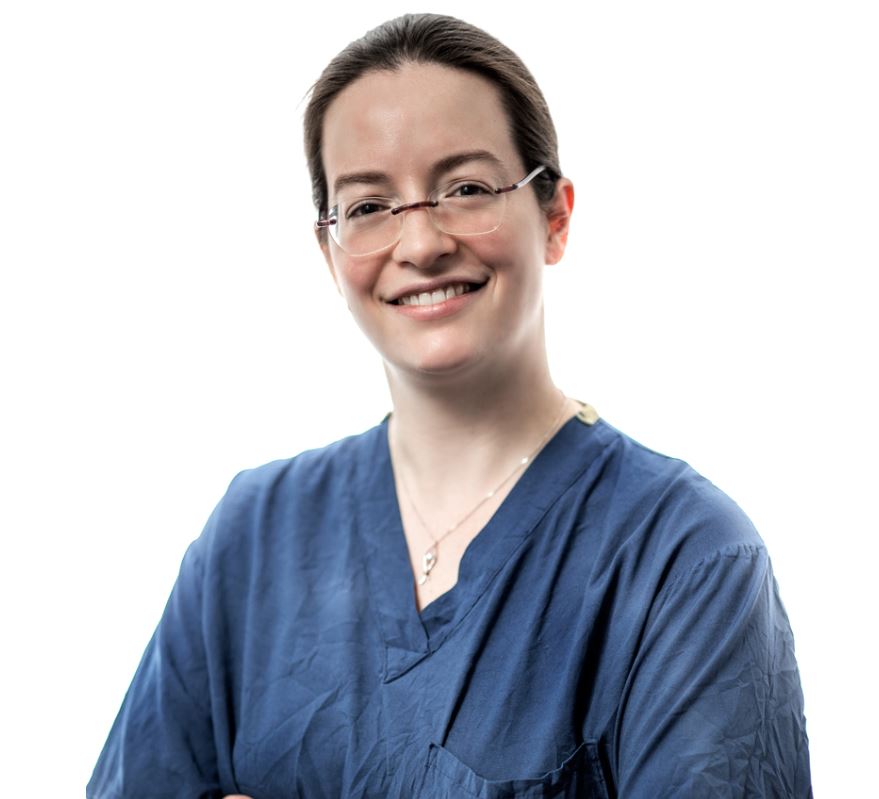
Dr. Isabelle Raîche (submitted photo)
2024 Robert Maudsley Fellowship for Studies in Medical Education
The Robert Maudsley Fellowship provides up to $40,000 over two years to help specialists acquire knowledge and skills in the field of medical education in order to develop educational programs, evaluation methods and medical education research.
Charlotte McEwen, MD, BScN
“Managing risk: Exploring how simulation of high-risk low-frequency events can transfer to safe trainee entrustment in the operating room”
Every graduating surgeon must be able to manage high-risk and rare events in the operating room. With the support of the Royal College Robert Maudsley Fellowship for Studies in Medical Education, Dr. McEwen will implement and evaluate a mastery-learning curriculum targeting high-risk cardiac surgery entrustable professional activities, using this as a lens to explore the role of simulation in entrustment.
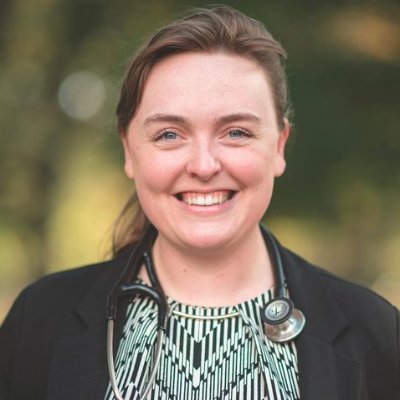
Dr. Charlotte McEwen (submitted photo)
Ruchika Sharma, MD, FRCPC, MBT
“What makes upper endoscopy and colonoscopy challenging for Pediatric Gastroenterology trainees?”
Performing endoscopy safely and effectively is vital to Pediatric Gastroenterology. It requires the integration of many technical and cognitive skills to manage gastrointestinal disorders. Endoscopy training to date is largely based on an apprenticeship model wherein trainees learn the fundamentals of endoscopy under the direct supervision of experienced endoscopists. Key differences in the indications for pediatric endoscopy, the importance of ileal intubation, the need for routine sampling and lower procedural volumes emphasize the need for a comprehensive pediatric endoscopy curriculum. Dr. Sharma hopes that their study, which aims to explore the challenges faced by trainees and faculty in learning and teaching endoscopy respectively, will serve as the foundation for the development of a formal pediatric endoscopy curriculum.
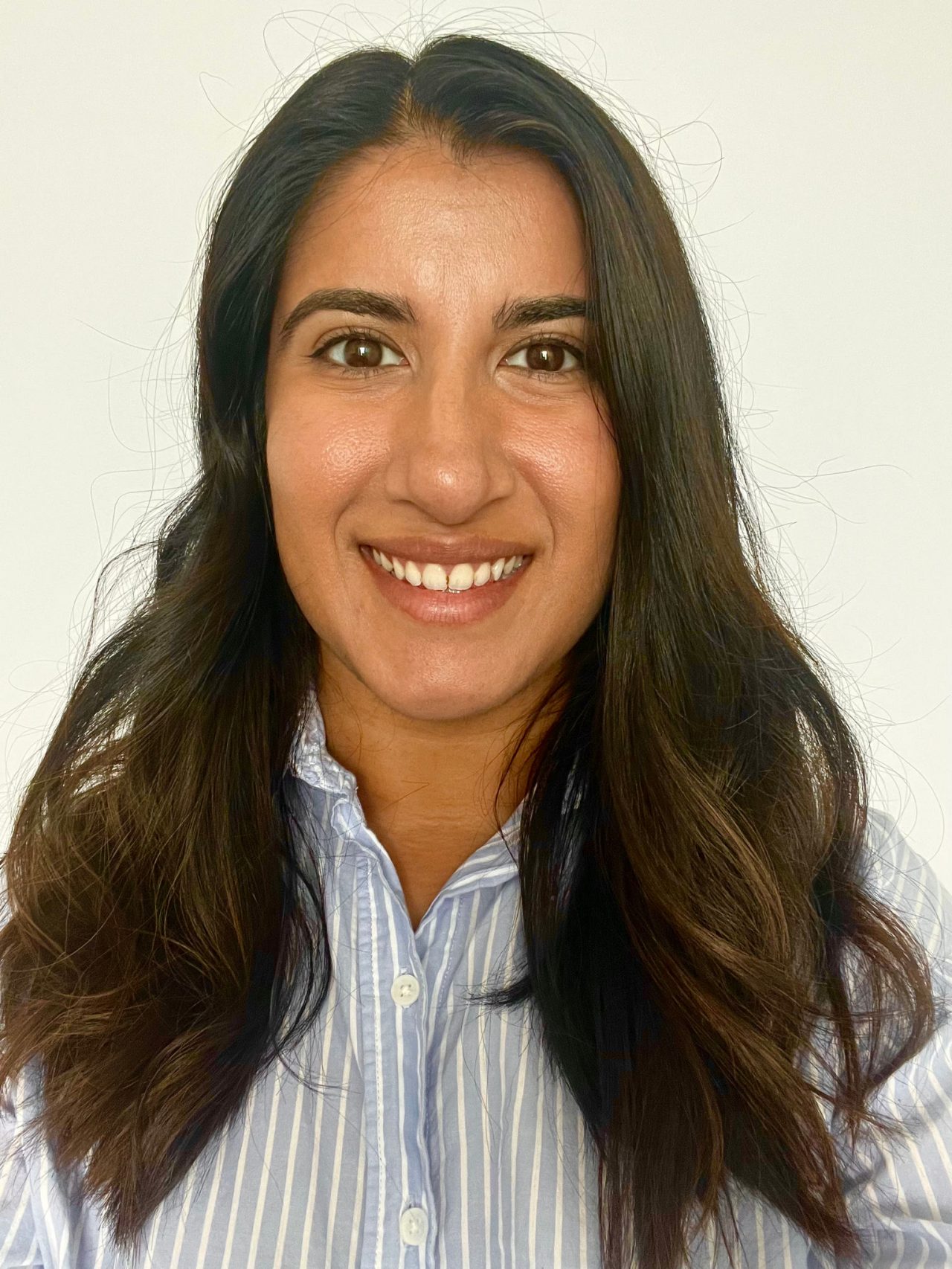
Dr. Ruchika Sharma (submitted photo)
Conrad Tsang, MD, FRCPC, MPH, MSEd, CCFP, DTH, DTM&H
“Inclusive excellence in MD admissions: Access to capital and inequities in the assessment of pre-medical academic performance”
A core function of medical school admissions is to identify applicants who are prepared for medical training and will best serve future health care needs. Admissions ubiquitously assesses grade point average (GPA) and university courses that applicants have taken; however, there are problems with relying on these tools. Some applicants focus on taking courses to maximize learning, and others might choose strategically to optimize GPA and/or to signal suitability for the medical profession. Furthermore, applicants with more capital (societal privilege) are likely to learn the more effective strategies for getting admitted. Dr. Tsang’s project uses machine learning and mixed methods to investigate the types of courses that medical school applicants take, the combinations of these courses that give applicants an advantage in admissions, and how applicants strategized their course selection. These studies will help inform the design admissions processes to better assess academic preparation in a fair and equitable manner.
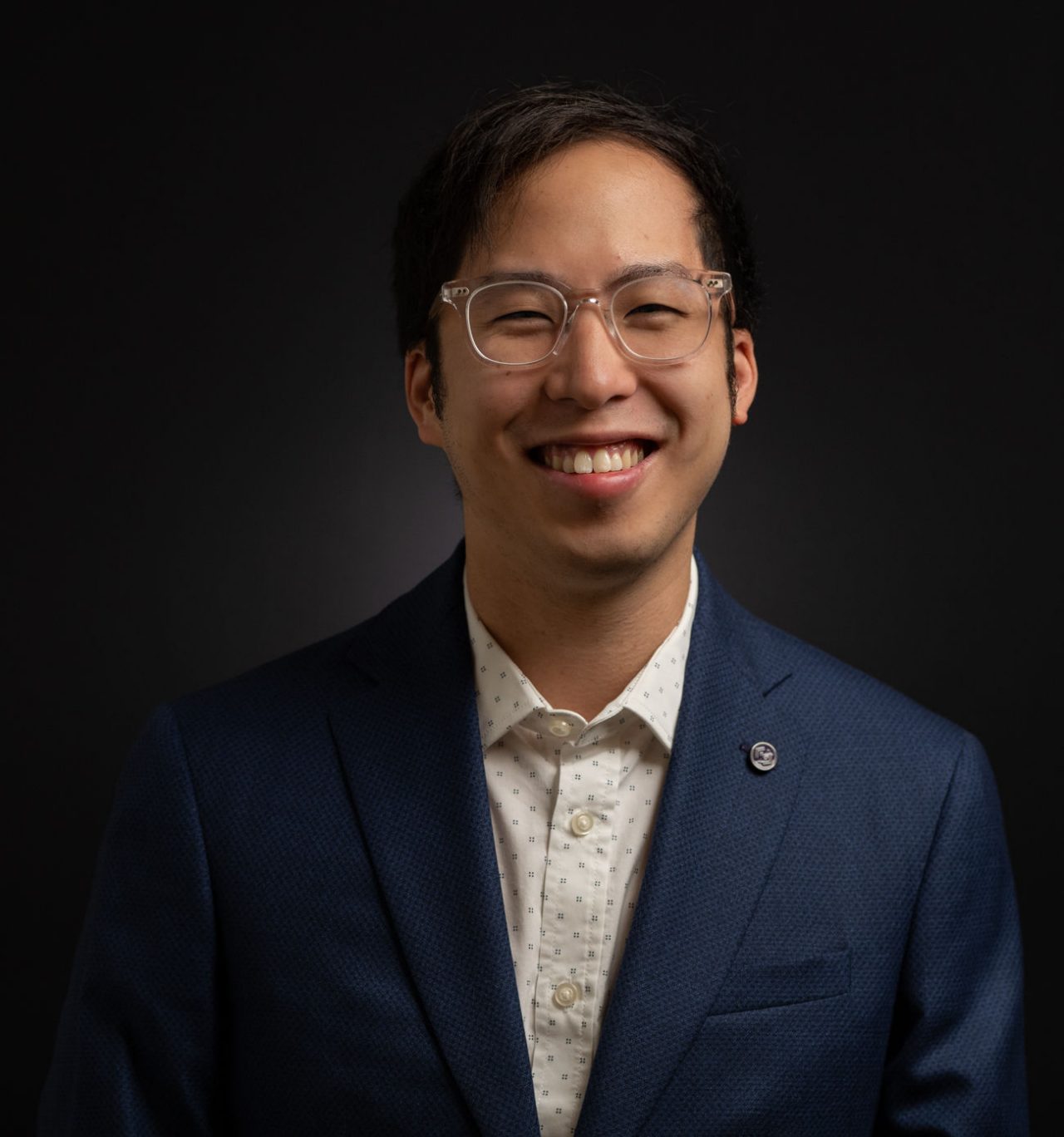
Dr. Conrad Tsang (submitted photo)